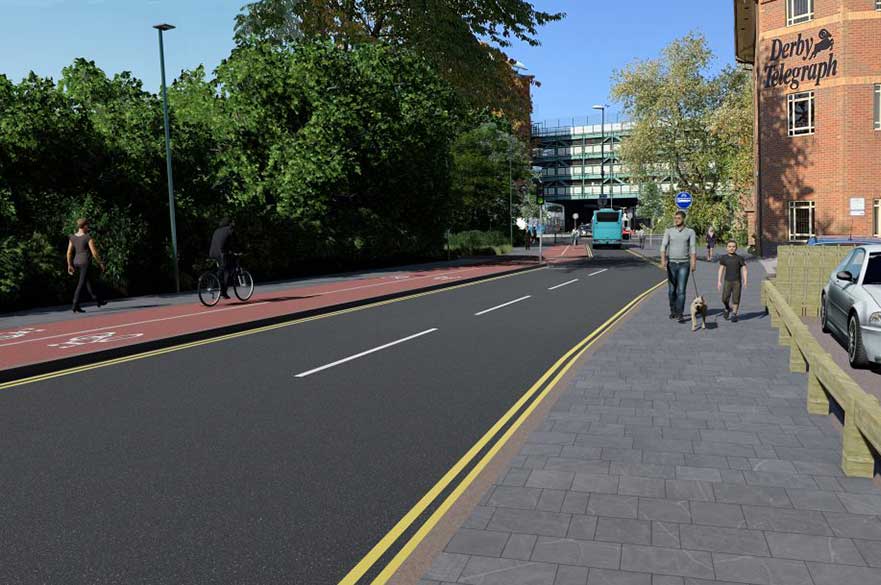Following the recent government announcement laying out plans to create a new era for cycling and walking in response to the coronavirus pandemic, councils are being encouraged to look at various measures to implement across their city to further encourage active travel.
Following this new guidance, we will of course be looking into the potential of introducing measures, including cycle lanes and providing additional space for pedestrians, as well as considering the needs and demands of all road users. We are already speaking with organisations and interest groups with a primary interest in developing active travel in our city.
One key consideration is how we continue to support key workers, not only in their daily commute, but also those workers who need to deliver essential services and direct care to people in their homes. It is important to understand that the number of people who are dependent on these services has significantly increased over recent weeks, and this demand will remain high for the foreseeable future.
The ministers’ guidance is forward thinking and will stimulate action to ensure that active travel is safe and attractive. It allows for local decision making on the most appropriate measures in the local area, whilst also asking that the local road and transport systems continue to function. It is important that local decision making protects critical services and facilities, and any new measures do not lead to unintended and counter-productive consequences for the continuing health, care and economic challenges facing all of us.
Derby is fortunate to be ahead of many authorities, both in our existing cycling and walking networks, and in already having funding announced as part of the Transforming Cities Programme.
We are speaking with the DfT about delivery of the programmes for cycling, as it is possible that some of our previous projects contained in the bid submitted in November 2019 may now change to reflect the current and on-going situation.
Councillor Matthew Holmes, Deputy Leader and Cabinet Member for Regeneration, Planning and Transportation said:
I have already been working with Council officers to ensure that early intervention schemes are being developed, and where possible we will seek to enable some schemes to be delivered as quickly as possible. It is reasonable to anticipate that some form of restrictions are likely to be required for a prolonged period, so the Council will ensure that measures continue to be developed and implemented, where appropriate and achievable. The key challenge is to achieve a balance of all needs, and to establish quick actions and lasting benefits.
